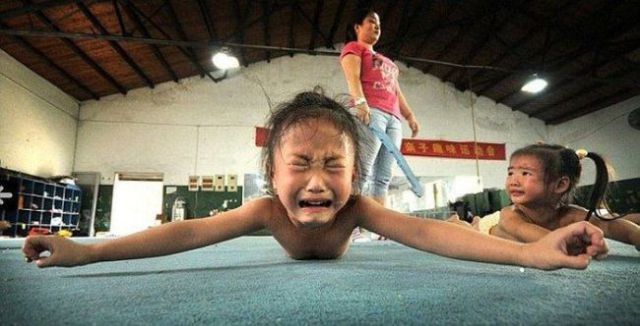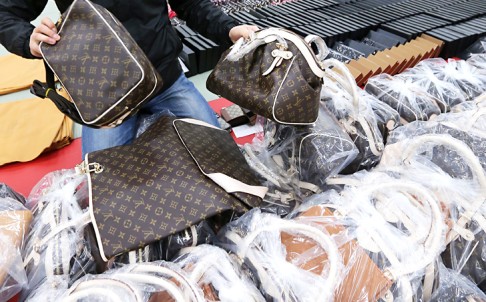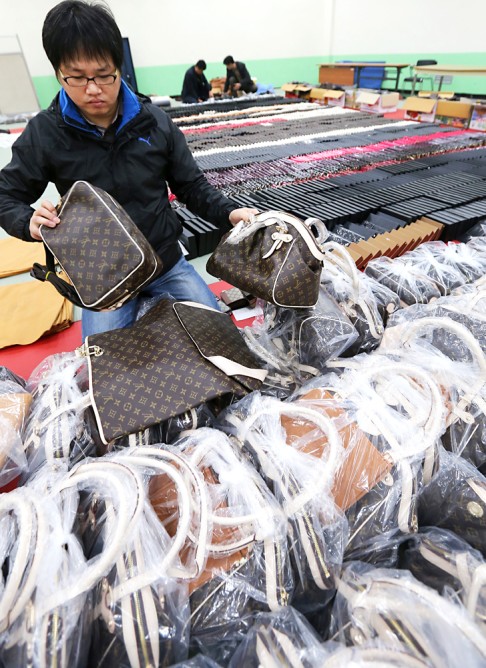N
Nobunaga Oda
Guest
http://www.sammyboy.com/showthread....old-only-PLATED!&p=787851&posted=1#post787851
Buy gold really cheated, transfer station north of Chiayi City, Taiwan, Mei Mei jewelry search well-known chain stores, found that this jewelry store to sell gold, gold-bearing component is very small, are silver or gold package Gold Package low-grade copper gold, cost just more than 1,000 pieces, it sold 30,000 to earn huge profits, estimated that at least a thousand were injured.
Mimi jewelry store employees was livid, investigators home, they still sell K gold ring, but the investigators brought these rings through an examination of professional equipment, all revealed the secret, is commonly known as silver or gold gold bag bag copper to fake K gold, normal 18K gold, gold should be 75%, the United States and the United States selling jewelry 18K gold ring, was found to have the highest gold content of not more than 4 percent, the cost of more than 1,000 pieces of the rings, resell 30,000, spread 30 times big earn dirty money.
Money making way, even the silver floor, directly say it is too exaggerated Association, Taipei City Bank Building Business Association president Li Wenqin, the industry has long been rumored that the United States and the United States between the K-gold jewelry to sell a problem, did not think to put exaggerated when K gold plated, the buyer or out to Europe, to be returned only to find deception customs inspection, the United States and the United States not only in-store selling jewelry, and even online shopping channel can buy, at least on a preliminary estimate of thousands of victims, gold for cash, the industry obtained illegally more than ten million or more.

http://tw.news.yahoo.com/article/url.../69/2wclq.html
鍍金裝K金 美美珠寶
華視 更新日期:"2011/08/05 15:09"
鍍金裝K金 美美珠寶"海削"30倍!
買金飾真的要小心被騙,嘉義市調站北上台北,搜索知名的美美珠寶連鎖店,結果發現,這間珠寶店賣的金飾,含 金成份非常少,都是金包銀或是金包銅的劣質金飾,成本只有1千多塊,卻賣到3萬塊賺取暴利,估計至少有上千 人都受害。
美美珠寶店裡員工臉色鐵青,調查員上門的時候,他們還在賣K金戒指,但是這些戒指透過調查員帶來的專業儀器 一檢驗,全部露餡,是俗稱的金包銀或是金包銅,來假冒K金,正常的18K金,含金量要有75%,美美珠寶賣 的18K金戒指,卻被驗出含金量最高不超過4%,成本1000多塊的戒指,轉手賣3萬,價差30倍大賺黑心 錢。
騙錢的方式,連銀樓公會直說太誇張,北市銀樓商業同業公會理事長李文欽,同業之間早就盛傳美美珠寶賣的K金 有問題,沒想到竟然誇張到把鍍金當K金,買家還是出到歐洲,被海關檢驗退貨才發現受騙,美美珠寶不但在店面 販售,連網路購物台都買得到,初步估計受害至少上千人,鍍金換現金,業者不法所得超過千萬以上 。











